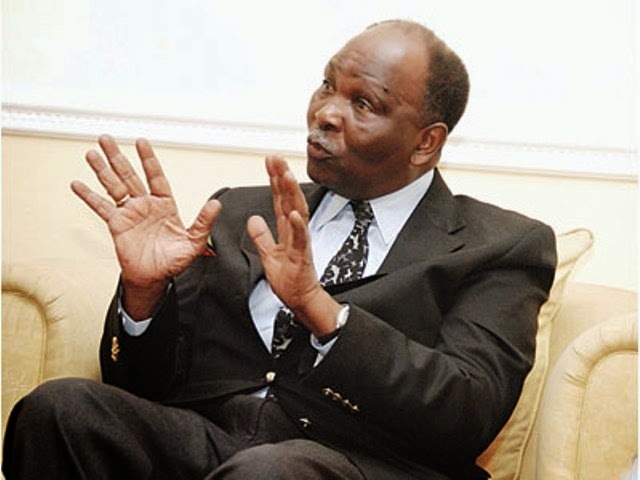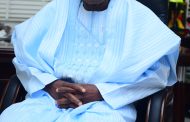Without blaming any individuals but merely illustrating the gulf between academia and governance or theory and practice in Nigeria, Prof Yakubu Ochefu who is at the centre of on-going conversation on African economic History in Makurdi, Benue State has revealed how development documents crafted for governors were sidelined. Going down memory lane while speaking on Day One of the conference dealing with Africa’s economic dynamics in History, Prof Ochefu spoke of how development blueprints he was personally central to were never implemented. This, he said, happened in both the case of the Senator George Akume regime as governor of Benue State and Dr. Gabriel Suswam who succeeded Akume as governor.
Although the documents were adjudged brilliant and adequate in each case by a UN agency, none of the two governors followed the letter or spirit thereto. Without going into why the documents were not utilised, Prof Ochefu is sure that the development discourse invoked in those documents could have reified the idea of Benue State as Nigeria’s ‘Bread Basket’.

Senator George Akume and incumbent Gov of Benue State, Dr Samuel Ortom
The same scenario is, according to the Professor, unfolding in the incumbent Dr. Samuel Ortom’s regime which he said equally has a development blueprint that he thinks has not been informing the governor’s approach to governance. Without reducing the culture of jettisoning blueprints to individual governors concerned, Prof Ochefu is, however, afraid that the Ortom regime might not come out differently from previous ones given the way things are going. He expressed gratitude to the Historical Society of Nigeria for staging the on-going conference in his honour.
Earlier on, Professor David Ker, a former Education Commissioner in Benue State as well as former Vice-Chancellor of Benue State University and later of Veritas University, Abuja described Prof Ochefu as the type of persons Nigeria needs. Professor Ker who was part of the academic tradition that took Ahmadu Bello University, Zaria to great heights and is now a senior member of the academia in Nigeria told the story of how he appointed Prof Ochefu Deputy Vice-Chancellor (Academics) against all odds and amidst opposition by more senior professors then. Rounding off his remarks, Prof Ker declared how he would do it again if given another chance.
Incumbent president of the Historical Society of Nigeria, (HSN) Professor Chris Ogbogbo who spoke virtually along the same line added a plea to the Nigerian government to make History to have a pride of place in the country’s schools. Similarly, Professor Samuel Akinwumi who preceded Ogbogbo in office called Ochefu an astute administrator at the conference being attended by Historians from about seven public and private the universities, including the University of Ibadan which has the heritage of developing an Afrocentric way of thinking and doing History. Ibadan is also where the memorable debate about whether British colonialism in Nigeria qualifies as an episode or an epoch, before the emergence of History as radical epistemology at ABU, Zaria. Vice-Chancellors, politicians and senior academics were the other notables at the opening session of the conference which ends later today.
None of the governors in question or any other governors for that matter has ever hinted to the knowledge of intervention why development blueprints fall prey to the dynamics of governance generally in Nigeria. But Alison Ayida, Oxford trained technocrat and Super-permanent Secretary who worked very closely with every Nigerian president since Independence in 1960 till 1979 has written copiously about how every Head of State has felt so powerless while in office. Many Heads of State in this country, including the military men, have also severally and openly called themselves glorified prisoners while in power. What the hell might have been imprisoning them? Is it all of them or just a few? Is their jailor local or foreign, spiritual or material, men or women or a combination of each pair?
Might President Buhari, the incumbent, also be feeling a glorified prisoner? Has he ever suggested so? Who might have been his jailors? The two rebellious Aishas – Aisha Buhari and Aisha Alhassan? The much talked about cabal? His foreign patrons? Embattled judges, corrupt politicians or the deeply divided ensemble called The Presidency? And what is the guarantee that future presidents, governors and other power holders would not be some prisoner of someone or some purpose?




























